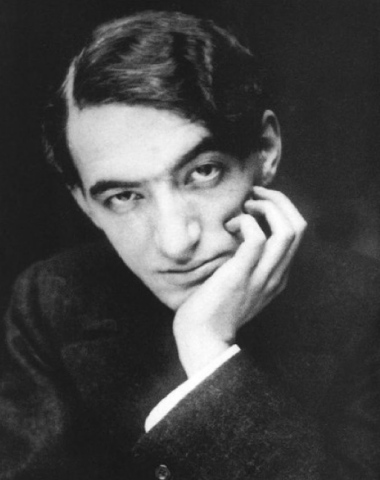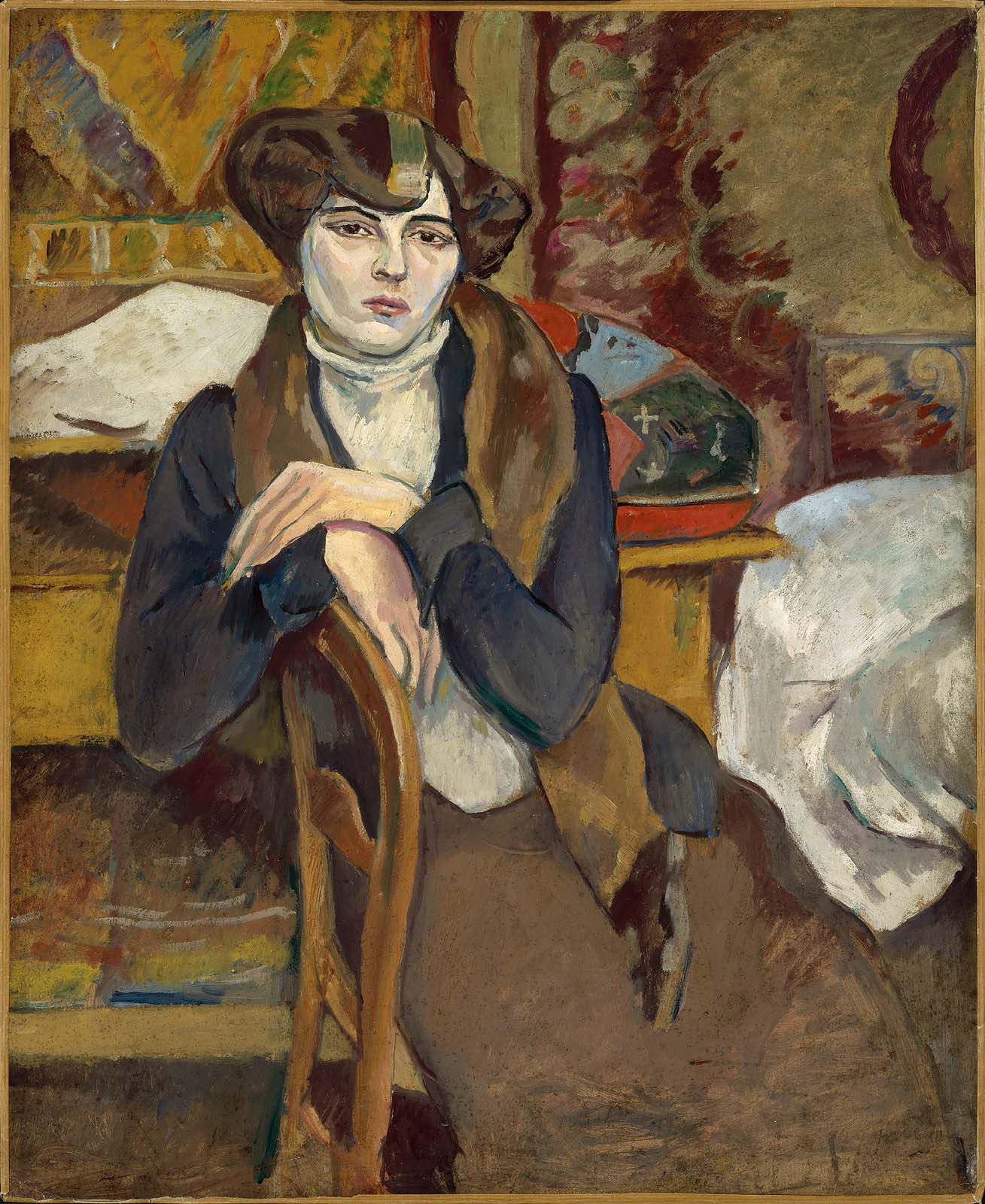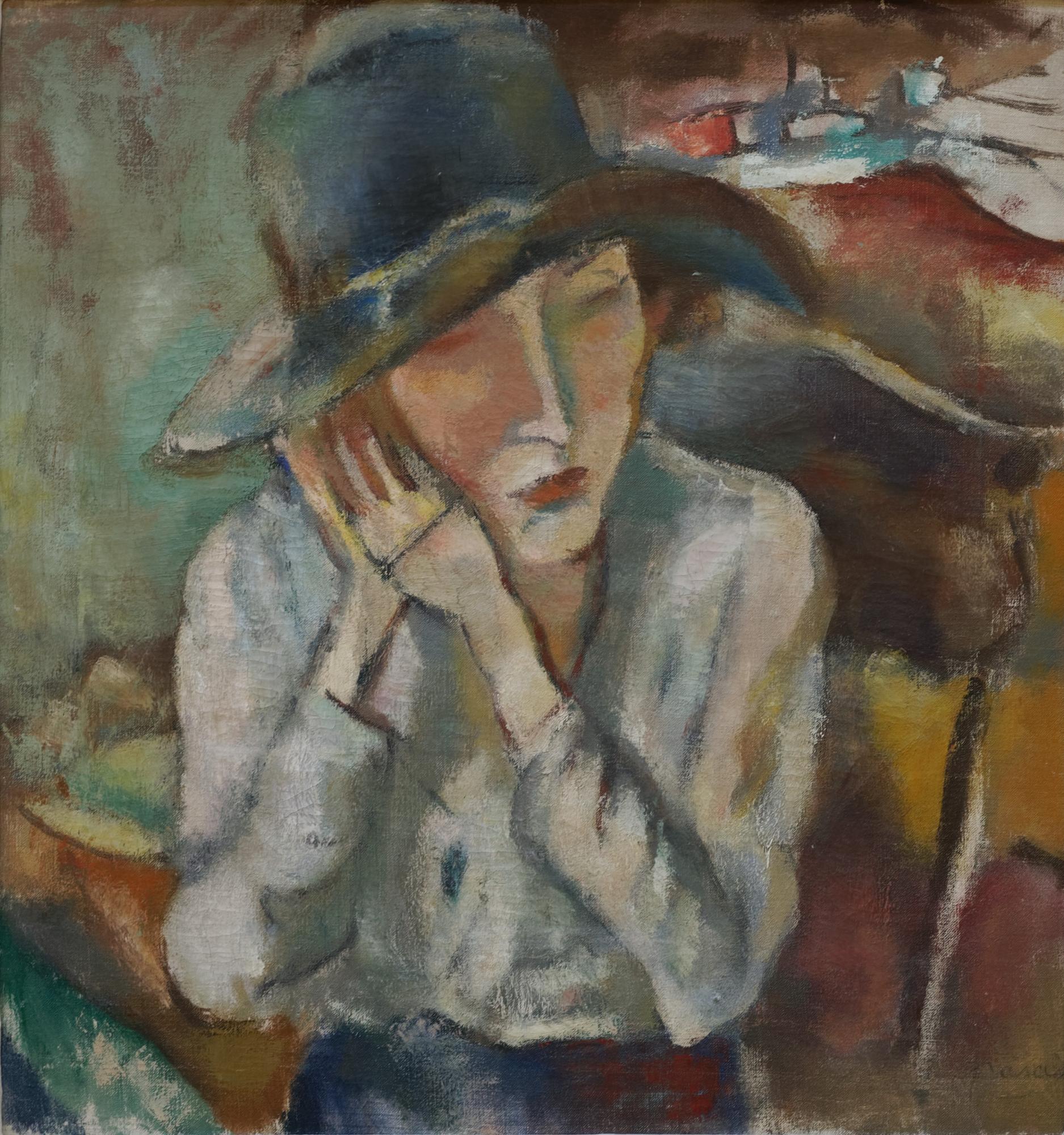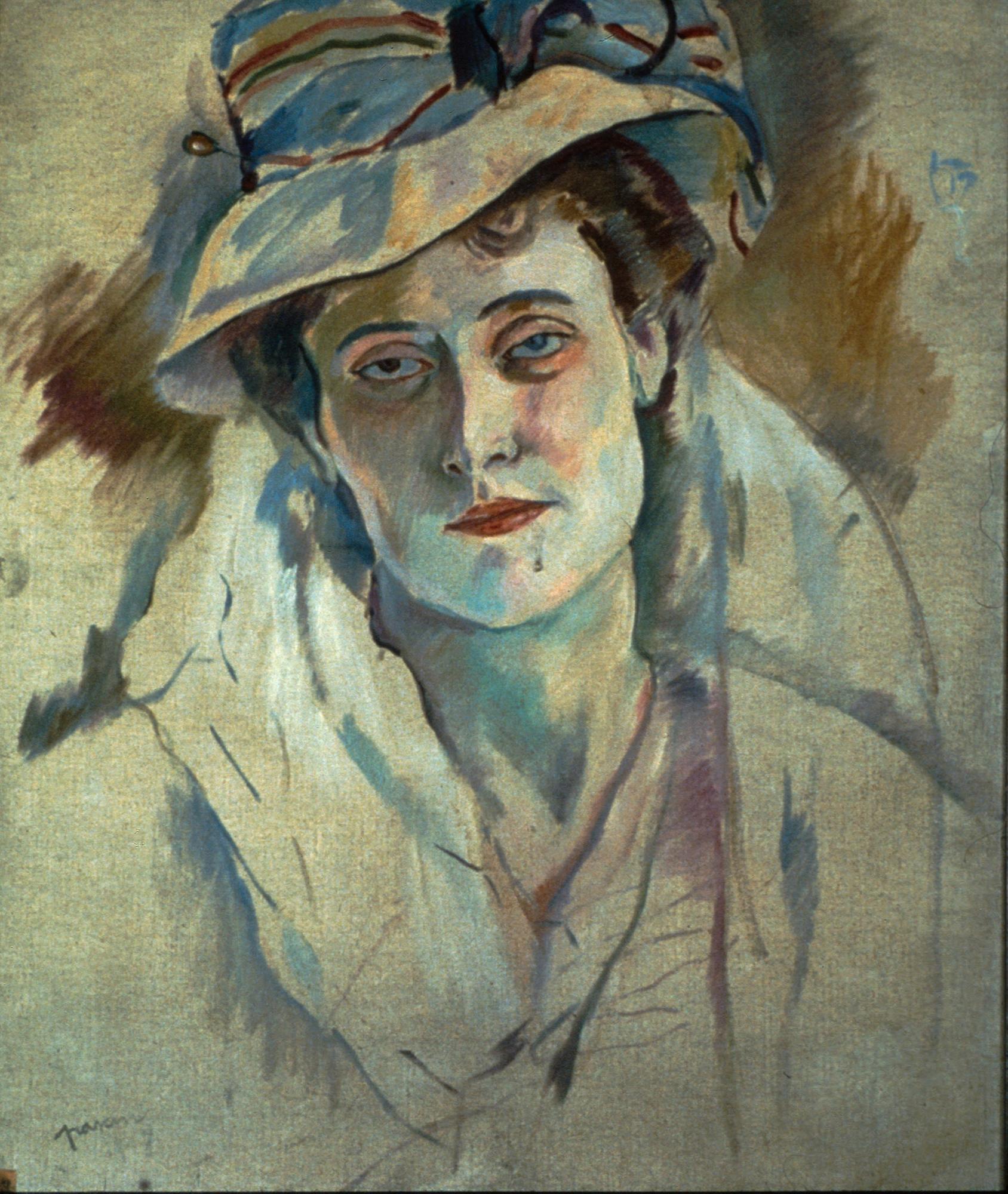Julius Mordecai Pincas was born in 1885 in Vidin, a small Bulgarian town, in the wealthy family of Sephardic Jews. His father Marius Pincas, a rich grain merchant, profited from brisk trade along the Danube. He was a powerful and unscrupulous man whom Pascin depicted as the “Bad Rich Man” in his works. After he left his family home, Jules never communicated with his father again.
The family established in Bucharest when Pascin was seven years’ old. Early in his adolescence he was sent to Vienna where he completed his college and his art education. His interest was attracted by the Munich satirical magazine Simplisimus so he sent several drawings to its director Albert Langen who was enchanted by his woks and hired him. That is how the sixteen-year-old Pascin became the youngest artist in that antimilitarist magazine that was scourging the bourgeois moral, hypocrisy and corruption int he German society from the beginning of the century.
With their sharp and caustic touch his drawings illustrate brilliantly the unbridled social circles with their depraved manners, the vile atmosphere of that corrupt and wretched world, the comic and grotesque situations exposed in the magazine.
Career
The artist Jules Pascin remained in the history of fine art as the great French artist born in Vidin. He still lives with his remarkable artworks, a grotesque of reality. In his hundreds of images of Parisian dancers, waiters and models we can discover plenty of sad irony, melancholy, affection. His most outstanding works are “The Prodigal Son”, Salome”, “Poor Lazarus”, “Turkish Bath”, “Suzana”. Today his paintings are dispersed among numerous museums and private collections all over the world. Pascin who has always emphasized the fact that he is Bulgarian and born in Vidin, recognized as one of the genius artists of the School of Paris.
For all of us Pascin is a symbol of a Bulgarian artist who has materialized his talent with equal power and scale in both France and America. A symbol of the eternally seeking spirit, of the unquenchable desire for perfection. His works are a proof of freedom of mind and creativity, the courage to dream of art, the bravery to recreate the world around you and the time you live in.



